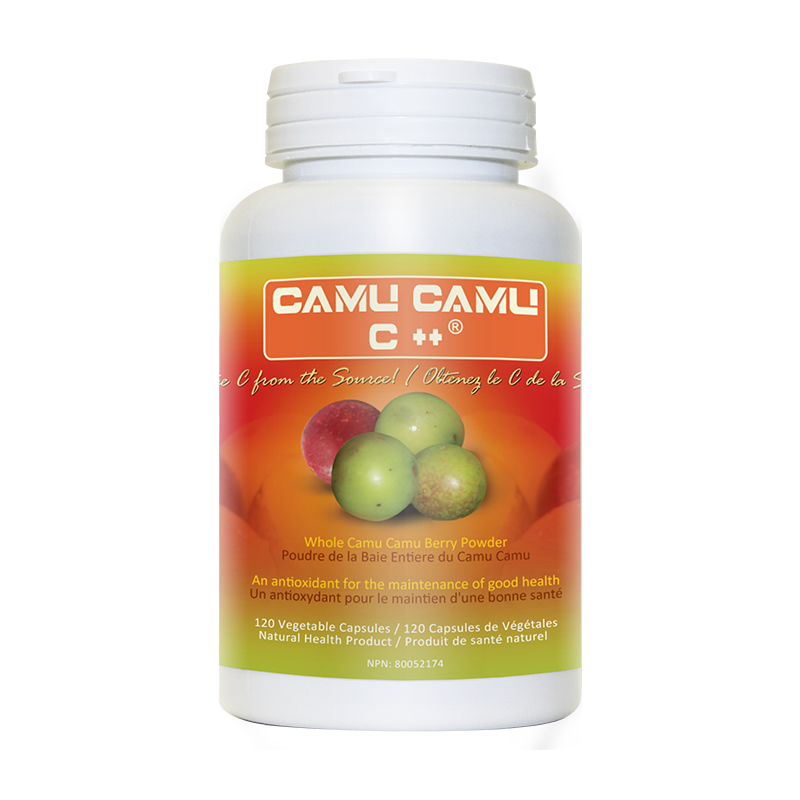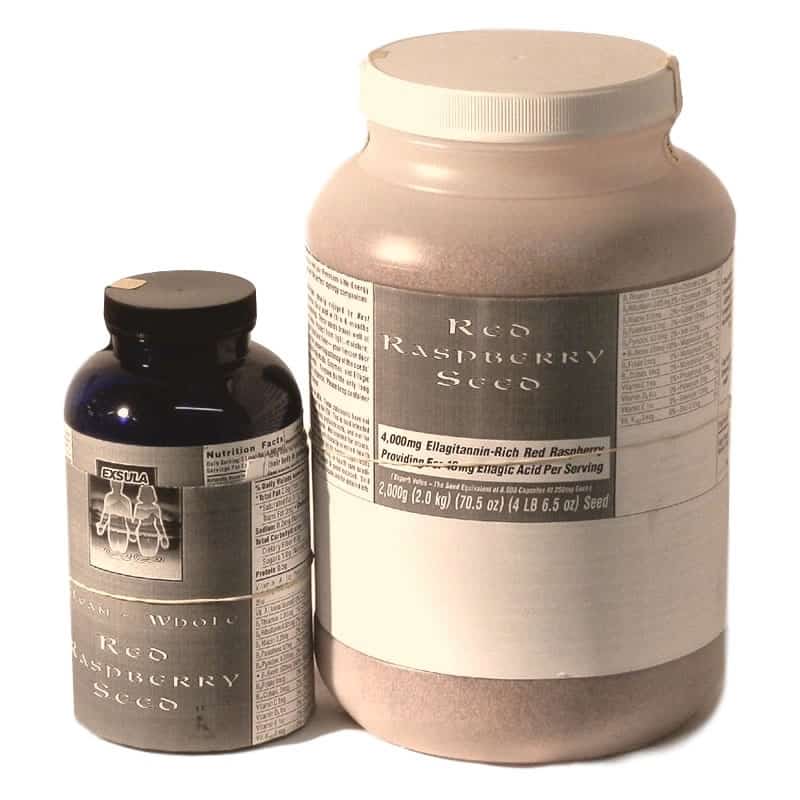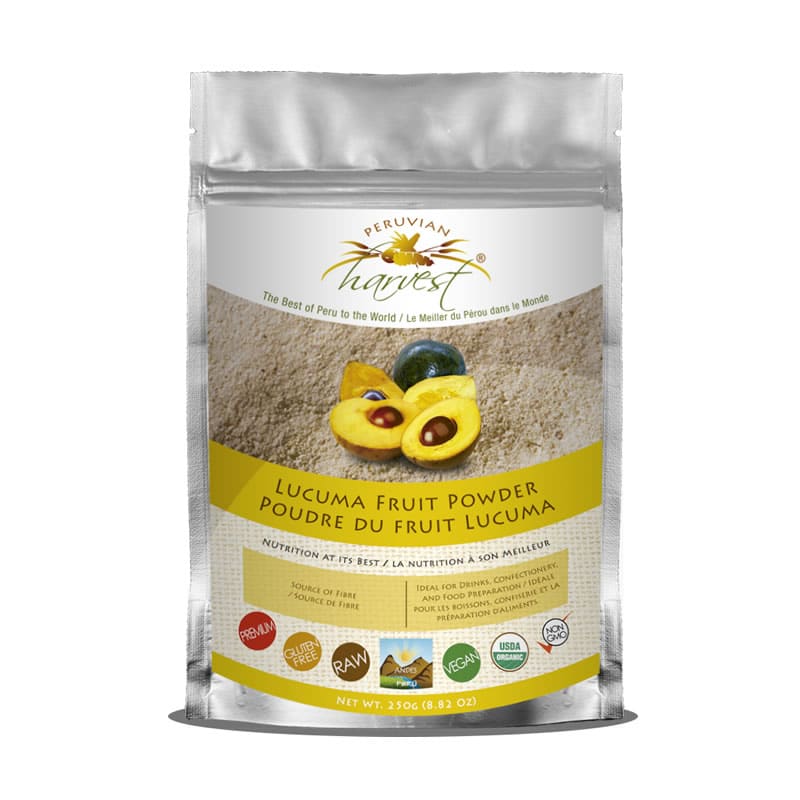No products in the cart.
Blackberries
Rubus fructicosus
- One cup of blackberries (140 grams) provides an excellent source of Vitamin C (one serving has 50% of your Daily Value).
- A good source of folate (one serving has 10% of your Daily Value).
- A good source of potassium, calcium, magnesium and iron.
- One half a cup of blackberries contains only 37 calories.
History
The name of the blackberry bush is derived from “bramble” or “brymbyl” signifying prickly. They are grown throughout the world and the fruit from the bushes have been known in the past by many names, including the brambleberry, brumblekites and lawers. There is evidence that blackberries were consumed in Britain during Neolithic Times and were surrounded by superstitions. In the south west of England it was believed that the first blackberry spotted growing each year would banish warts. Blackberries were well known to the Ancient Greeks, and they considered them a remedy for gout. Both the flowers and the fruit were also used during these times to remedy venomous bites. Young shoots, eaten as a salad, were thought to fasten loose teeth. The blackberry has long been esteemed as a capital astringent and tonic, providing a valuable remedy for dysentery and diarrhea when consumed as a tea. The tea has also been known to be useful when applied externally as a lotion, reporting to help the treatment of psoriasis and other scaly conditions of the skin.
Benefits
Blackberries are considered to be an astringent due to their high tannin content. Studies have shown that tannins tighten tissue, lesson minor bleeding and may help to alleviate intestinal inflammation and diarrhea. They have also been known to reduce hemorrhoids due to their high tannin content. Scientists are also studying the anti-tumor capabilities some blackberries may have, due to tannin content. Blackberries are rich in antioxidants, such as the anthocyanins pigments, which not only give the berries their rich black color, but also impart health benefits due to their antioxidant properties. Anthocyanins have been shown in studies to have many health benefits, such as preventing cancer and heart disease, controlling diabetes, improving circulation, reducing eye strain and even combating the loss of memory and motor skills associated with aging. Additional antioxidants in this berry include Vitamin C, Vitamin E and ellagic acid, all of which provide protection against cancer and chronic disease.
Classification
Division: Magnoliophyta
Class: Magnoliopsida
Order: Rosales
Family: Rosaceae







